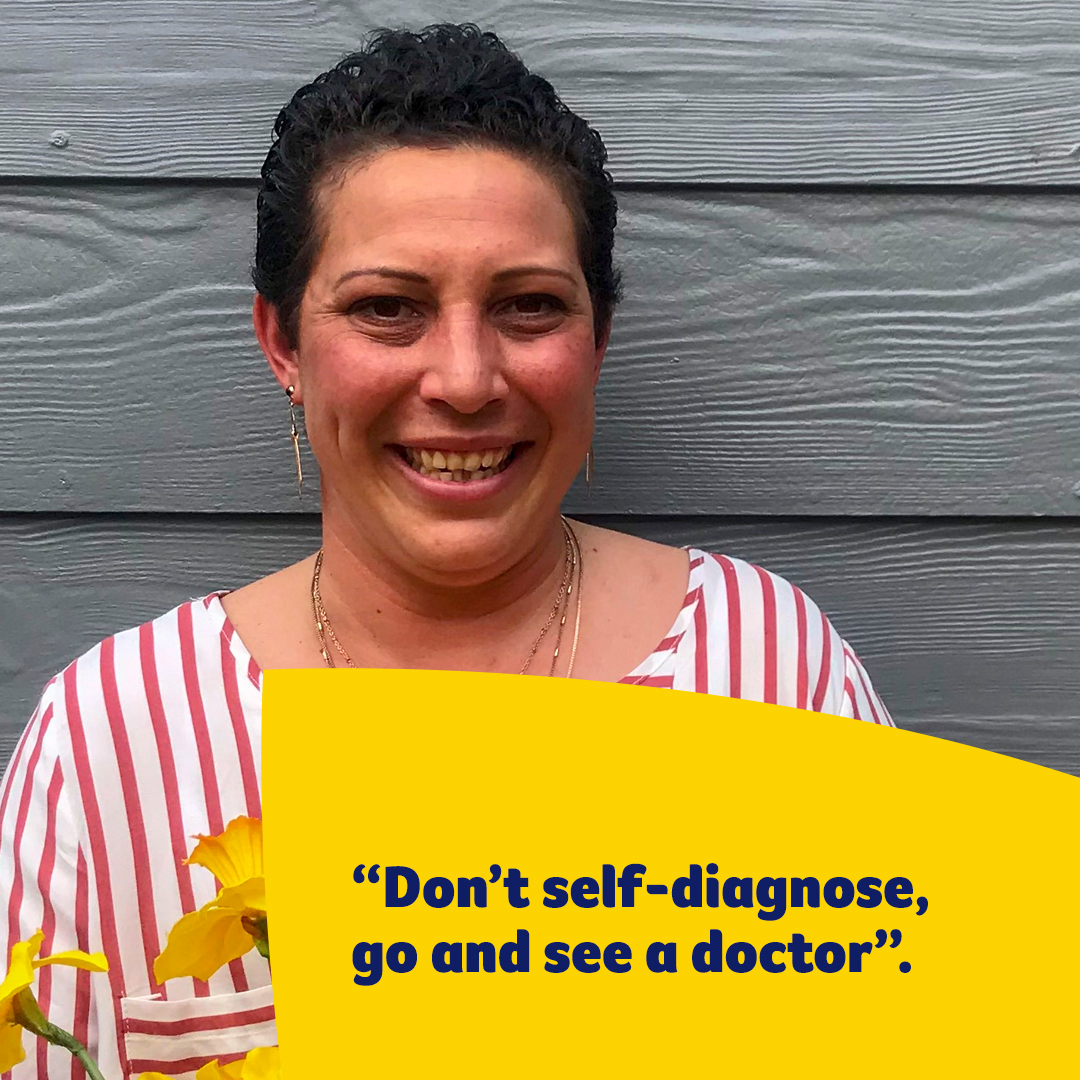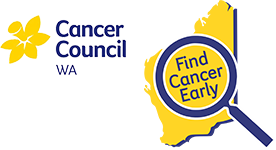Breast cancer champion
It’s easier for you and the doctors to help you if you get checked out as soon as you notice something. Don’t be late.
Asha’s story
In 2019, geological field exploration technician Asha was newly married, advancing in her career and planning on having children.
Her right breast had become extremely painful, making hugs with the guests at her wedding particularly torturous. Asha was also feeling a level of fatigue she had never before experienced, sleeping 10-15 hours a night and still feeling like she needed more. Her right breast had become about two cup sizes larger than her left breast.
Asha had initially hesitated to visit a GP to discuss her symptoms due to thinking only old women got breast cancer and also thinking that it was a ‘life sentence’. Eventually she told he husband about her symptoms and had him come with her to visit the local GP around the corner from their home.
She undertook a treatment plan including surgery, chemotherapy, radiation, physio and hormone therapy.
First and foremost, Asha credits her husband for getting her through the cancer journey, describing him as her hero due to never having missed an appointment and helping her through the lows of her treatments. She describes her breast care and chemo nurses as angels in disguise and feels incredibly blessed to have such a loving support base of family and friends.
Asha’s advice
‘Don’t self-diagnose, go and see a doctor at the earliest convenience’.
‘It might be nothing, but that’s peace of mind’.
‘There’s so much help out there, don’t be scared. They’re there to help you’.
‘It’s easier for you and the doctors to help you if you get checked out as soon as you notice something. Don’t be late’.
![]()
Breast cancer screening
Breast cancer screening or mammograms are designed for women who do not have any noticeable symptoms of breast cancer.
If you do not have any breast cancer symptoms and you’re eligible, it is recommended you participate in the free breast screening program for women aged over 40 years.
Women living in regional WA can access the BreastScreen WA mobile service which visits almost 100 rural towns every two years, with some towns receiving visits annually. To find out when the BreastScreen WA mobile service is visiting your town, visit the BreastScreen WA website.
If you do have possible breast cancer symptoms, it’s highly recommended see your doctor, clinic nurse or health worker without delay.
Remember, the earlier cancer is found, the better your chances of survival. So, make sure you participate in free screening at every opportunity and see your doctor, clinic nurse or health worker if you notice any unusual symptoms.

